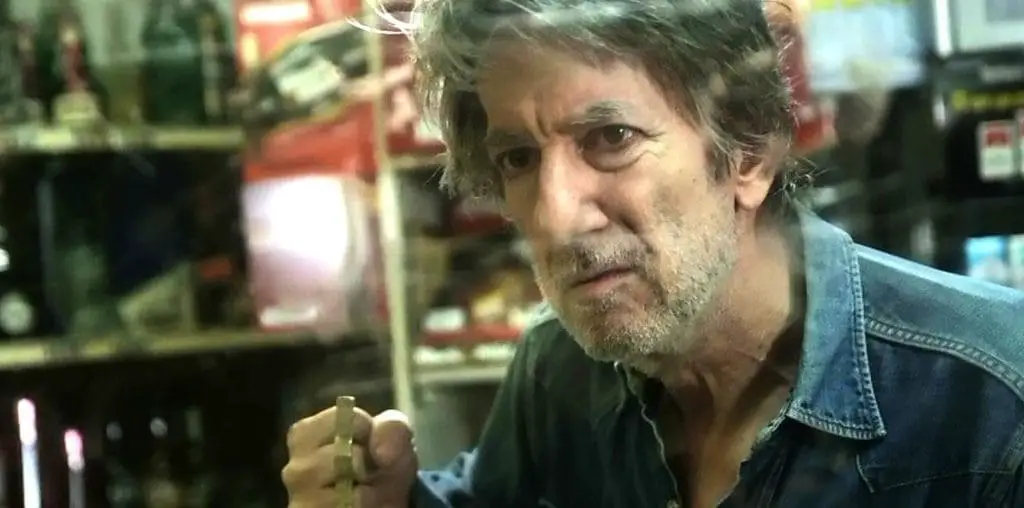
You know, with a title like “Cleopatra’s Second Husband,” it’s not always so easy to tell what it means. After all, the movie’s set in present-day Los Angeles, and it’s about a photographer named Robert (Paul Hipp). The poor guy has enough trouble participating in his own life, much less enjoying it, largely due to his harpie of a wife, Hallie (Bitty Schram). As a result of submitting to her will, Robert can never really get his career to the next level.
When the couple takes a vacation, they let friends of friends Zack (Boyd Kestner) and Sophie (Radha Mitchell) watch the house. When they return home early so Robert can take an assignment, the place is a mess and the fish are dead. Still, the would-be caretakers have nowhere to go, and as expected, Robert lets them stay. As you might expect, Robert’s total unwillingness to assert control allows the situation to go south. The final path it takes, and the choices Robert makes to regain an illusion of power, are not quite what you probably think they’ll be.
There’re a few problems. You could cut at least fifteen minutes out of the first half and it would be twice as good. The opening scenes take too long to get going or show any direction; for too long you just see some bland yuppies going about their uninteresting lives. The biggest problem is in Robert’s character and Paul Hipp’s portrayal of it. When you follow a character who’s pathologically passive like that for so long, there’s got to be something there to hold your attention. A prime example of how to make it work is Kyle Maclachlan’s Jeffrey Beaumont in “Blue Velvet”. We follow him awhile in that movie before he really chooses a path of action, but there’s so much else happening it doesn’t matter. In this film, Robert is too rarely forced to even react to anything. Most of the other characters walk all over him. He seems to recognize that but never seems to care until a certain line is crossed.
HOWEVER, the heart of the film is all in the back half, and revolves around the dynamic between Robert and Zack. The movie jumps to surreal life in a manner approaching Michæl Mann working from a David Lynch screenplay. It becomes a quite interesting tale of co-dependency, and the illusions of control people can construct in their lives. The filmmakers just took too long to get there. I’m not saying the direction of the film should have been expressed from the beginning, but it’s like when I’m stuck in traffic: it doesn’t always bother me if I’m not getting any closer to my final destination, I just want to feel like I’m moving.

